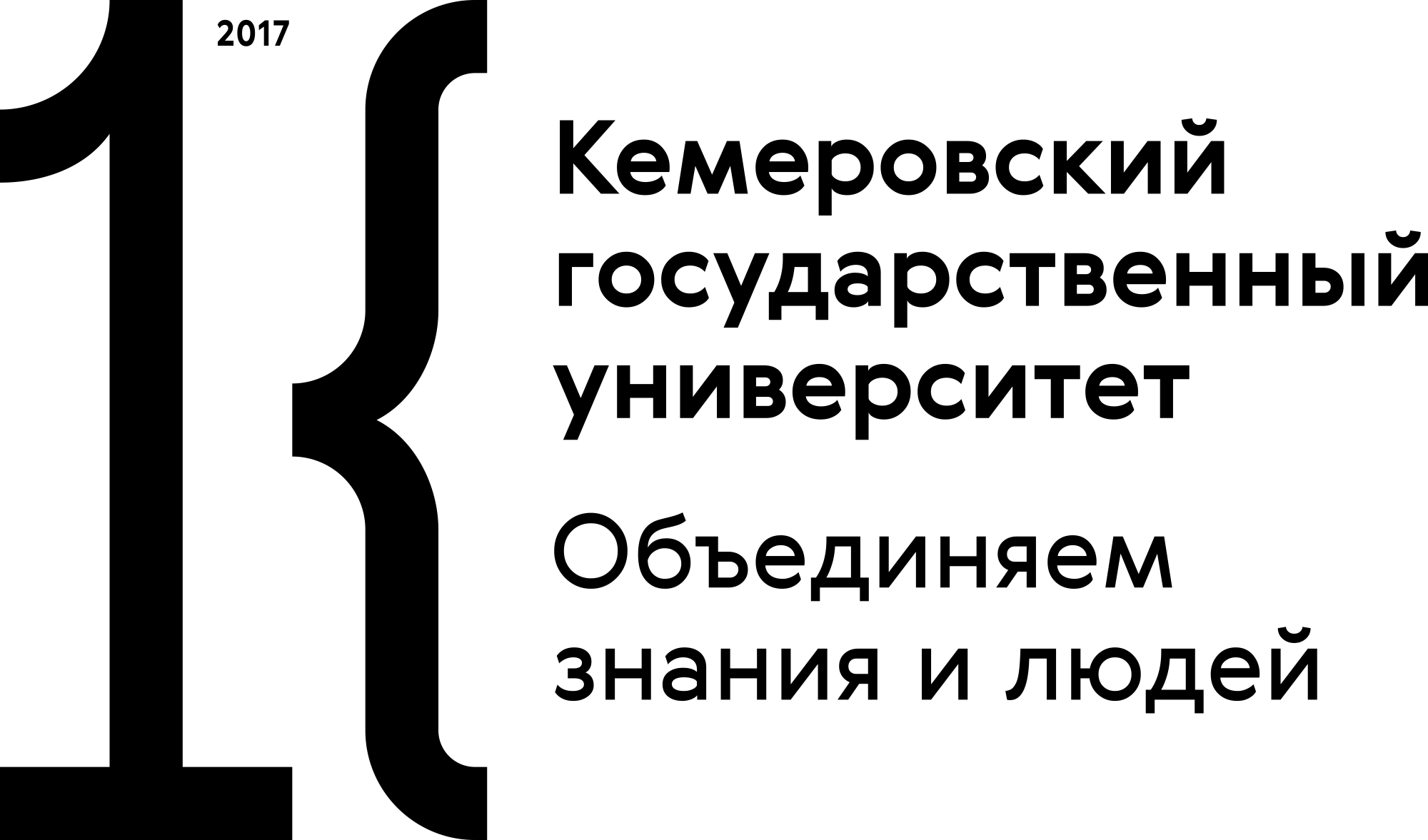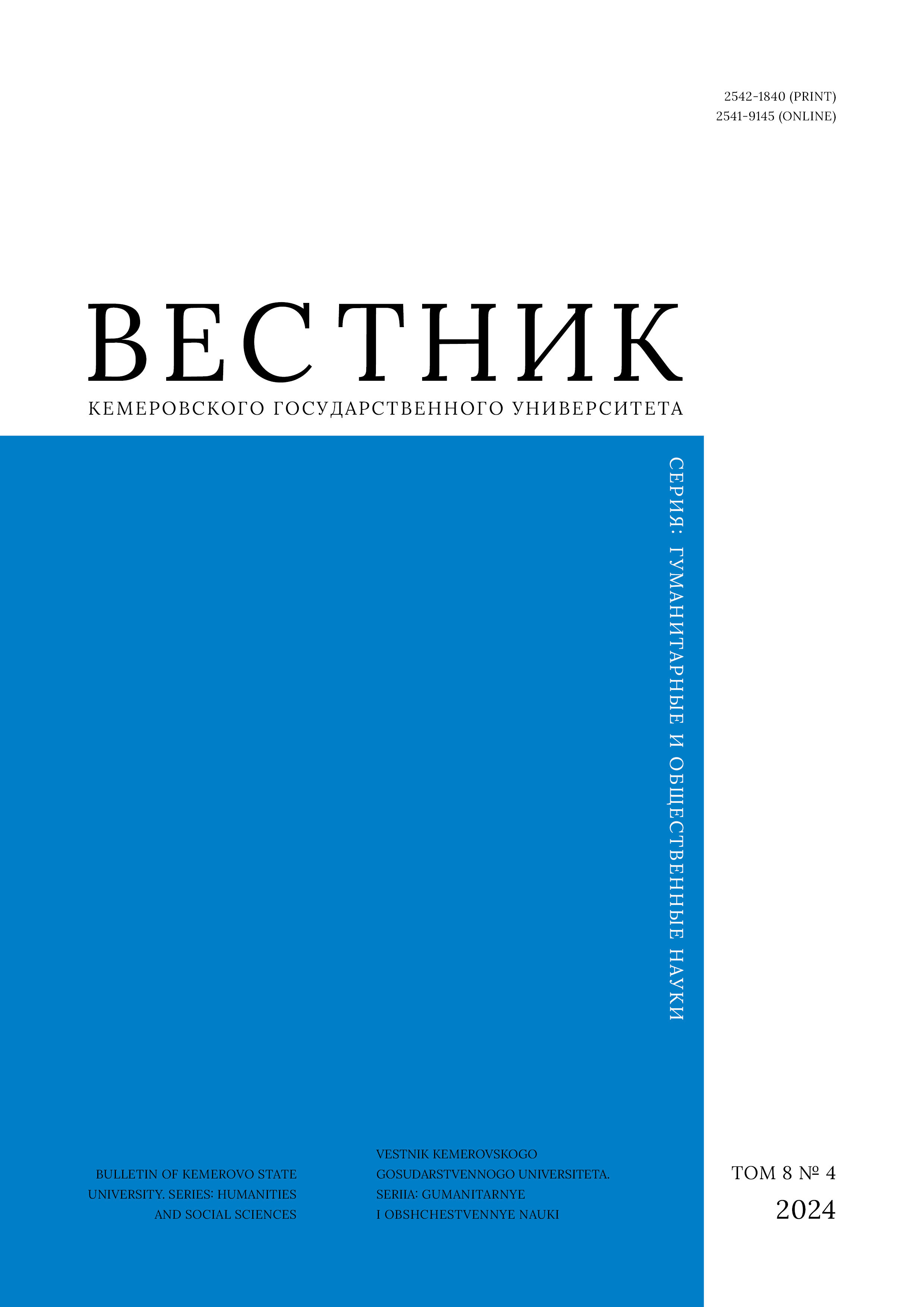Surgut, Khanty-Mansiysk, Russian Federation
Surgut, Khanty-Mansiysk, Russian Federation
Moskva, Russian Federation
UDC 372.881.111.1
Russian Library and Bibliographic Classification 74
University graduates need flexible and critical thinking to be successful on the job market. New teaching methods develop universal competencies and soft skills that university students are obliged to obtain. The study focuses on the nature of critical thinking as a pedagogical term. The authors evaluated the teaching methods used in the course of Foreign Language to develop critical thinking in students of non-linguistic majors. The review of foreign and domestic publications combined with empirical studies yielded the following list of indicators of critical thinking skills acquired while learning a foreign language. The students a) are independent in judgment and assessment; b) are able to expresses their point of view based on their own experience or verified data; c) are objective to alternative points of view; d) apply new information to their actual environment in order to facilitate problem solving. These indicators were used to evaluate students’ critical comprehension of information received and processed. The assessment involved essays, a written survey, and interviews. The students appreciated the effectiveness of essay writing, abstracting, and text analysis. They recognized the importance of critical thinking because it provides an objective, open-minded, and independent perception, which makes it possible to apply new information to professional tasks. The course of Foreign Language for Non-Linguistic Students demonstrated an excellent potential for such pedagogical tasks as developing universal competences.
universal competences, critical thinking, foreign language, teaching methods, abstract, essay, text, learning environment, non-linguistic students
1. Tsareva E. E., Sabirzyanova G. Sh., Gazizova A. I. Sociocultural competence of engineering university students in the context of technocommunications. Modern Problems of Science and Education, 2024, (3). (In Russ.) https://doi.org/10.17513/spno.33464 EDN: https://elibrary.ru/FKYYPD
2. Mirkina Y. Z., Suchok A. A. The role of critical thinking in teacher training. Modern Problems of Science and Education, 2024, (3). (In Russ.) https://doi.org/10.17513/spno.33418 EDN: https://elibrary.ru/UJEYFJ
3. Barbashina E. V., Guljaevskaja N. V. Critical thinking and its study as a discipline in higher education institutions. Professional education in the modern world, 2023, 13(3): 424 – 432. (In Russ.) https://doi.org/10.20913/2618-7515-2023-3-2 EDN: https://elibrary.ru/ABHYBW
4. Tarasova L. Yu. Development of critical thinking of economics students when learning a foreign language. The World of Science, Culture, Education, 2023, (1): 134–136. (In Russ.) https://doi.org/10.24412/1991-5497-2023-198-133-136 EDN: https://elibrary.ru/HJJRCS
5. Barbashina E. V. Critical thinking and its necessity for the system of higher education. Professional education in the modern world, 2022, 12(1): 20–28. (In Russ.) https://doi.org/10.20913/2618-7515-2022-1-3 EDN: https://elibrary.ru/MIYKCH
6. Hirai A., Oka H., Kato T., Maeda H. Development and validation of an English test measuring EFL learners’ critical thinking skills. Language Testing in Asia, 2022, 12(45). https://doi.org/10.1186/s40468-022-00193-2 EDN: https://elibrary.ru/LWWTYZ
7. Spector J. M., Ma S. Inquiry and critical thinking skills for the next generation: From artificial intelligence back to human intelligence. Smart Learning Environments, 2019, 6(8). https://doi.org/10.1186/s40561-019-0088-z EDN: https://elibrary.ru/JIVFPP
8. Sato T. Assessing critical thinking through L2 argumentative essays: An investigation of relevant and salient criteria from raters’ perspectives. Language Testing in Asia, 2022, 12(9). https://doi.org/10.1186/s40468-022-00159-4 EDN: https://elibrary.ru/IYPQFE
9. Wale B. D., Bishaw K. S. Effects of using inquiry-based learning on EFL students’ critical thinking skills. Asian-Pacific Journal of Second and Foreign Language Education, 2020, 5(9). https://doi.org/10.1186/s40862-020-00090-2 EDN: https://elibrary.ru/XWLJNM
10. Paul R., Elder L. A guide for educators to critical thinking competency standards: Standards, principles, performance indicators, and outcomes with a critical thinking master rubric. Dillon Beach, CA: Foundation for Critical Thinking, 2005, 65.
11. Kireeva N. V., Chudinova E. V. The development of critical thinking as a way to overcome the formation of simplified thinking in the era of digitalization of education. Higher education today, 2021, (9-10): 29–33. (In Russ.) https://doi.org/10.25586/RNU.HET.21.09-10.P.29 EDN: https://elibrary.ru/AWMKWI
12. Ghaemi F., Mirsaeed S. J. G. The impact of inquiry-based learning approach on critical thinking skill of EFL students. EFL Journal, 2017, 2(2): 89–102. http://dx.doi.org/10.21462/eflj.v2i2.38
13. Konovalova O. V., Dorokhov R. S. Methodic aspects of the development of critical thinking of ESL students majoring in pedagogical education. Tambov University Review. Series: Humanities, 2022, 27(1): 68–78. (In Russ.) https://doi.org/10.20310/1810-0201-2022-27-1-68-78 EDN: https://elibrary.ru/PTXCDY
14. Plotnikova N. F. Developing critical thinking in university students using team training environment. Kazan: Kazan University, 2015, 84. (In Russ.)
15. Koreshnikova Yu. N., Avdeeva E. A. Interest cannot be forced. The role of academic motivation and teaching styles in the development of students’ critical thinking. Educational Studies, 2022, (3): 36–66. (In Russ.) https://doi.org/10.17323/1814-9545-2022-3-36-66 EDN: https://elibrary.ru/YIVUFW
16. Halpern D. Critical Thinking in Psychology. St. Petersburg: Piter, 2002, 503. (In Russ.)
17. Solodikhina M. V., Solodikhina A. A. Development of critical thinking of master’s degree students using STEM cases. The Education and Science Journal, 2019, 21(3): 125–153. (In Russ.) https://doi.org/10.17853/1994-5639-2019-3-125-153 EDN: https://elibrary.ru/ZDFJDV
18. Karpov G. V., Lisanyuk E. N. Practical philosophy of teaching argumentation and critical thinking. Professional education in the modern world, 2020, 10(3): 3959–3970. (In Russ.) https://doi.org/10.15372/PEMW20200307 EDN: https://elibrary.ru/HOTBFP
19. Borzova T. V., Kalugina N. A., Sandakova E. N., Kameneva-Lubavskaia E. N. Developing the critical thinking in university students while teaching them methodological reading comprehension. Vestnik Kemerovskogo gosudarstvennogo universiteta. Seriia: Gumanitarnye i obshchestvennye nauki, 2023, 7(1): 1–7. (In Russ.) https://doi.org/10.21603/2542-1840-2023-7-1-1-7 EDN: https://elibrary.ru/CEAHJN
20. Glukhov L. Y., Varfolomeeva Z. S. Project training as a means of developing the critical thinking of bachelors in the educational process of higher education. Modern Problems of Science and Education, 2022, (4). (In Russ.) https://doi.org/10.17513/spno.31891 EDN: https://elibrary.ru/GJHQDR
21. Romanova E. N. Developing students' critical thinking skills in foreign language teaching. Humanitarian Scientific Bulletin, 2024, (4): 45–49. (In Russ.) https://doi.org/10.5281/zenodo.11064719 EDN: https://elibrary.ru/IIZPUS
22. Zhogova I. G., Kuzina E. V. Developing critical thinking skills in the professional education of higher school students. Language and Culture, 2017, (38): 227–239. (In Russ.) https://doi.org/10.17223/19996195/38/15 EDN: https://elibrary.ru/ZHUFFH
23. Poroshin V. V. The use of authentic texts for the development of critical thinking of students of non-linguistic fields of study. Derzhavin Forum, 2022, 6(1): 53–60. (In Russ.) https://elibrary.ru/qxqfwi
24. Shukurova I. V., Chesnokova N. E. Critical thinking development of non-linguistic students through the educational foreign-language text. Pedagogical Review, 2021, (2): 124–134. (In Russ.) https://doi.org/10.23951/2307-6127-2021-2-124-134 EDN: https://elibrary.ru/GPIISI
25. Millrood R. P., Maksimova I. R. Essays as a genre, teaching technique and pedagogical measurement tool. Language and Culture, 2022, (49): 255–275. (In Russ.) https://doi.org/10.17223/19996195/49/17 EDN: https://elibrary.ru/IWLZBS
26. Orhan A. Fake news detection on social media: The predictive role of university students’ critical thinking dispositions and new media literacy. Smart Learning Environments, 2023, 10(29). https://doi.org/10.1186/s40561-023-00248-8 EDN: https://elibrary.ru/JIQRXQ
27. Folomkina S. K. Teaching reading in a foreign language at a non-linguistic university. Moscow: Vyssh. shk., 1987, 208. (In Russ.)




















